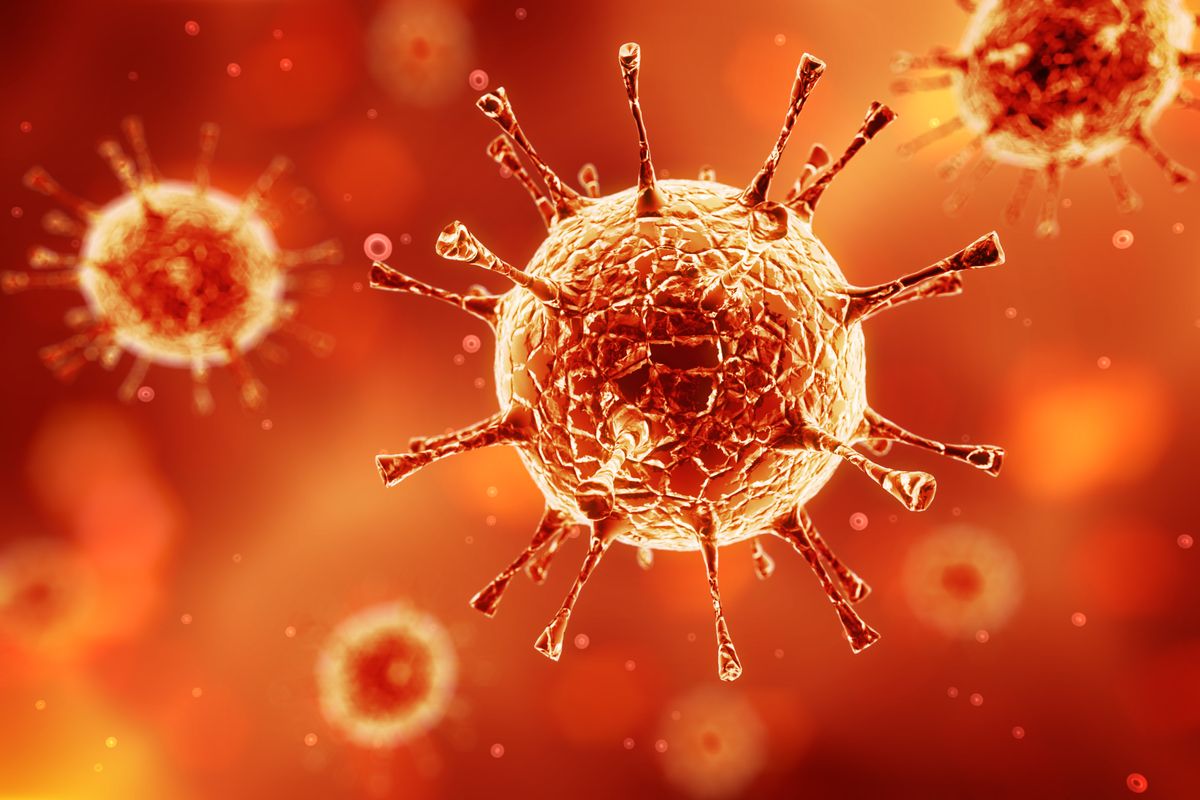Infectious Diseases: Understanding the Risks and Prevention
As the world continues to face a global pandemic, the importance of understanding infectious diseases and how to prevent them has become more crucial than ever before. Infectious diseases are caused by pathogenic microorganisms such as bacteria, viruses, fungi, and parasites that can easily spread from person to person. These diseases can range from mild to severe and can even be life-threatening in some cases. In this article, we will dive into the risks of infectious diseases, how to prevent them, and the importance of staying informed.

The Risks of Infectious Diseases
Infectious diseases can affect anyone, regardless of age, gender, or ethnicity. Some people may be at a higher risk of getting infected, such as those with weakened immune systems, elderly individuals, and young children. The risk of contracting an infectious disease can also vary depending on the mode of transmission. For example, diseases that are spread through the air, such as COVID-19, can easily infect large groups of people in a short amount of time. On the other hand, diseases that are spread through direct contact, such as HIV, can only be transmitted through specific bodily fluids.
Transmission Methods
There are several ways that infectious diseases can be transmitted, including:
- Airborne transmission: when an infected person coughs or sneezes, and others inhale the contaminated droplets
- Direct contact: when an infected person comes into physical contact with another person
- Fecal-oral transmission: when people consume food or water contaminated with fecal matter
- Vector-borne transmission: when diseases are spread through insect or animal bites, such as with malaria or Lyme disease
Symptoms
The symptoms of infectious diseases can vary widely depending on the type of disease, the mode of transmission, and the severity of infection. Some common symptoms include:
- Fever
- Coughing or sneezing
- Sore throat
- Headache
- Body aches
- Diarrhea or vomiting
Prevention Methods
Preventing the spread of infectious diseases is crucial to protecting yourself and others. Here are some steps you can take to prevent infection:
1. Practice Good Hygiene
Washing your hands regularly with soap and water for at least 20 seconds can help prevent the spread of germs. Covering your mouth and nose when you cough or sneeze can also help prevent the spread of droplets.
2. Get Vaccinated
Vaccines can help protect against many infectious diseases, including measles, mumps, rubella, and influenza. Talk to your healthcare provider about which vaccines are recommended for you.
3. Avoid Close Contact
Avoiding close contact with people who are sick can help prevent the spread of infectious diseases. If you are sick, stay home and avoid contact with others.
4. Practice Safe Sex
Using condoms and practicing safe sex can help prevent the spread of sexually transmitted infections such as HIV and gonorrhea.
5. Stay Informed
Keeping up-to-date on the latest information about infectious diseases and their prevention can help you make informed decisions about your health.
Advantages and Disadvantages
Advantages
- Preventing infectious diseases can improve overall public health and reduce healthcare costs.
- Vaccines can provide long-term protection against certain diseases.
- Practicing good hygiene can also help prevent the spread of other illnesses such as the common cold and flu.
Disadvantages
- Some people may have adverse reactions to vaccines.
- Preventing the spread of infectious diseases can be challenging in crowded or unsanitary conditions.
- Not everyone has access to healthcare or vaccines, making it difficult to prevent the spread of infectious diseases in certain populations.
Conclusion
Preventing the spread of infectious diseases is crucial to protecting yourself and others. By practicing good hygiene, getting vaccinated, and staying informed, you can help reduce the risk of infection. It is important to be aware of the risks of infectious diseases and take steps to prevent their spread, especially in times of global pandemics.
FAQs
1. What are some examples of infectious diseases?
Some examples of infectious diseases include COVID-19, influenza, malaria, tuberculosis, and measles.
2. How can I protect myself from infectious diseases?
You can protect yourself from infectious diseases by practicing good hygiene, getting vaccinated, avoiding close contact with sick people, practicing safe sex, and staying informed.
3. What should I do if I think I have an infectious disease?
If you think you have an infectious disease, it is important to seek medical attention right away. Your healthcare provider can help diagnose and treat your illness.
4. Are vaccines safe?
Yes, vaccines are safe for most people. However, some people may have adverse reactions to vaccines. Talk to your healthcare provider about any concerns you may have.
